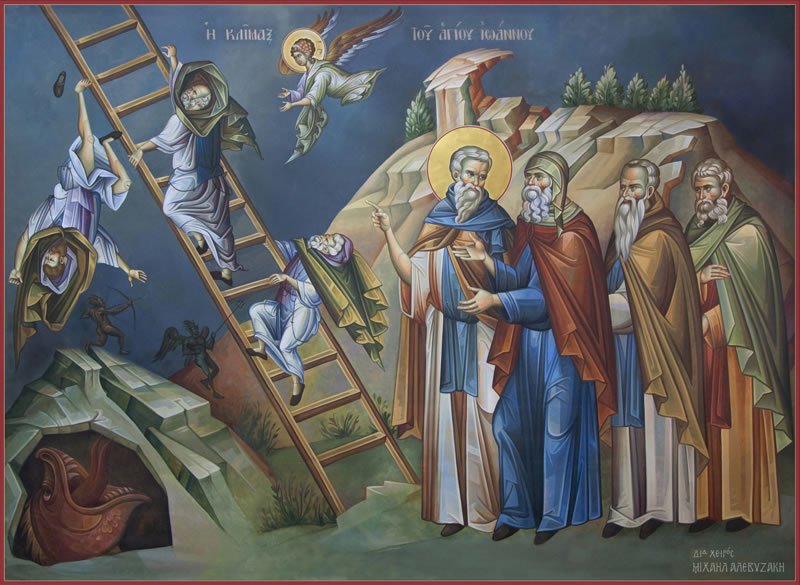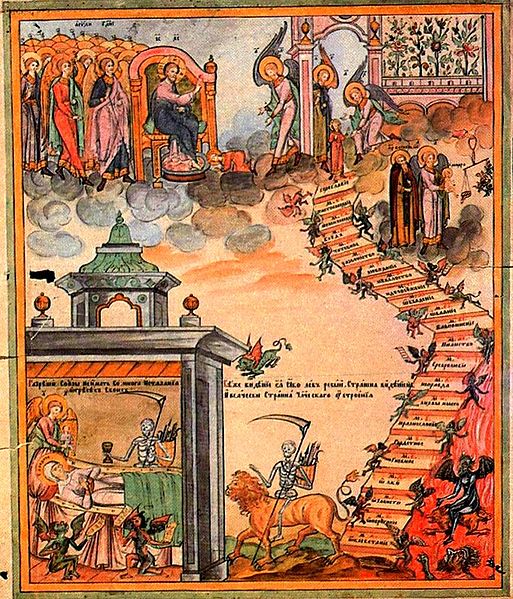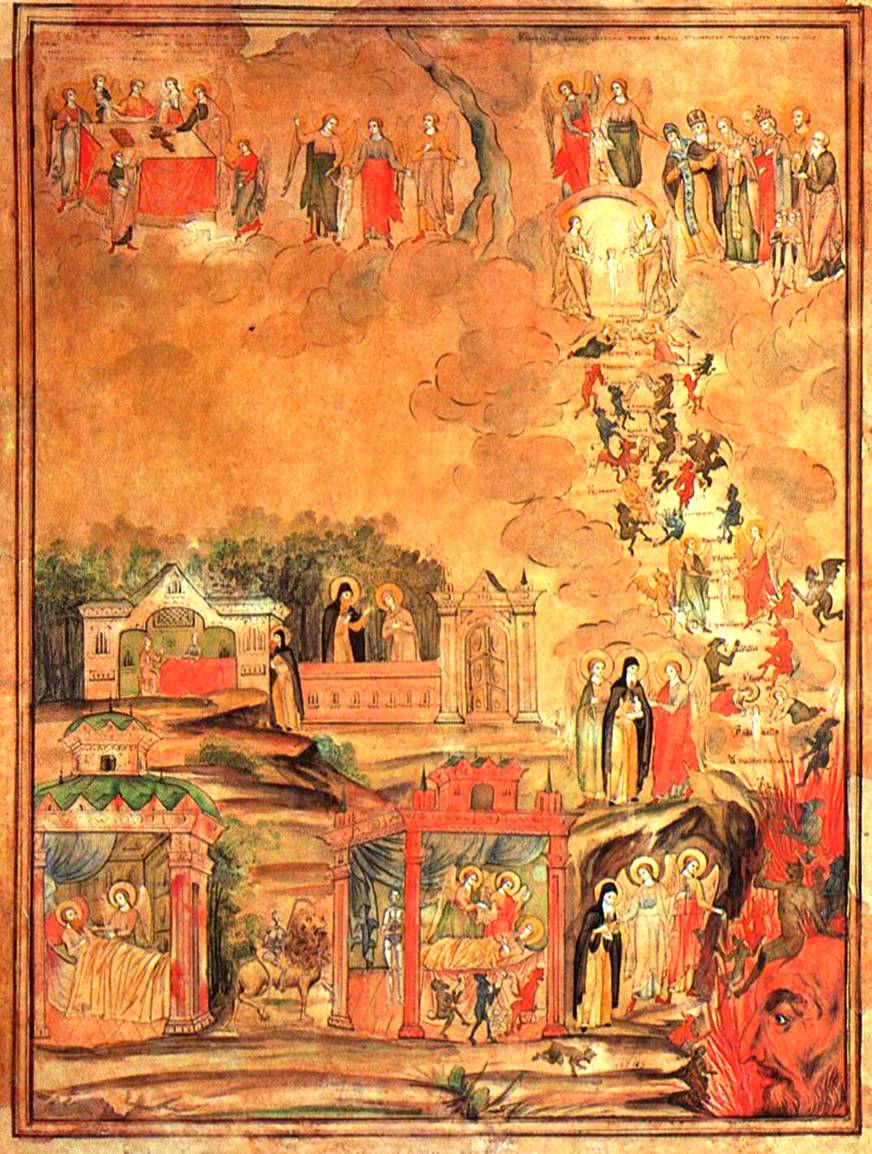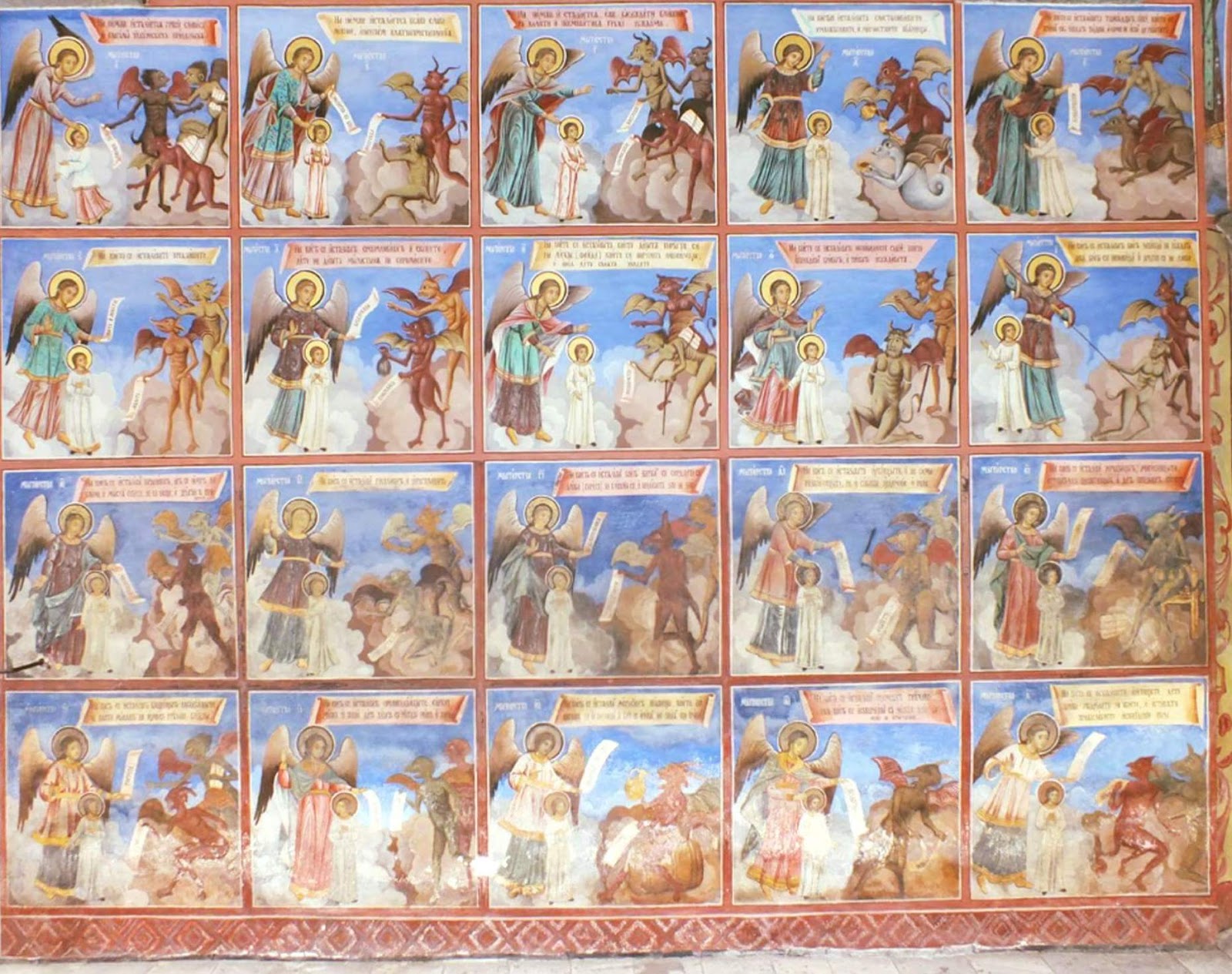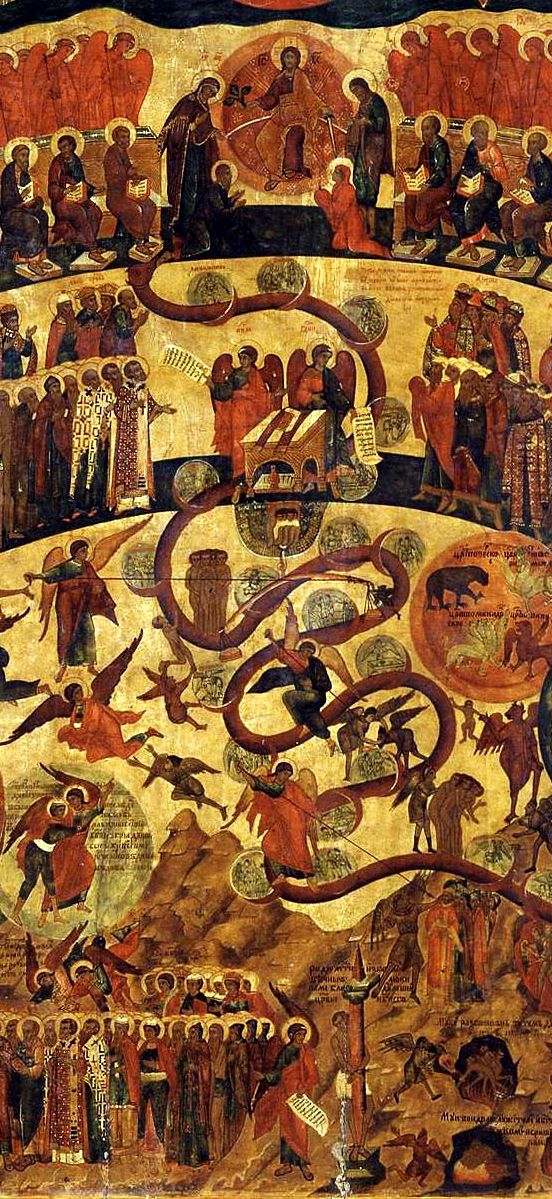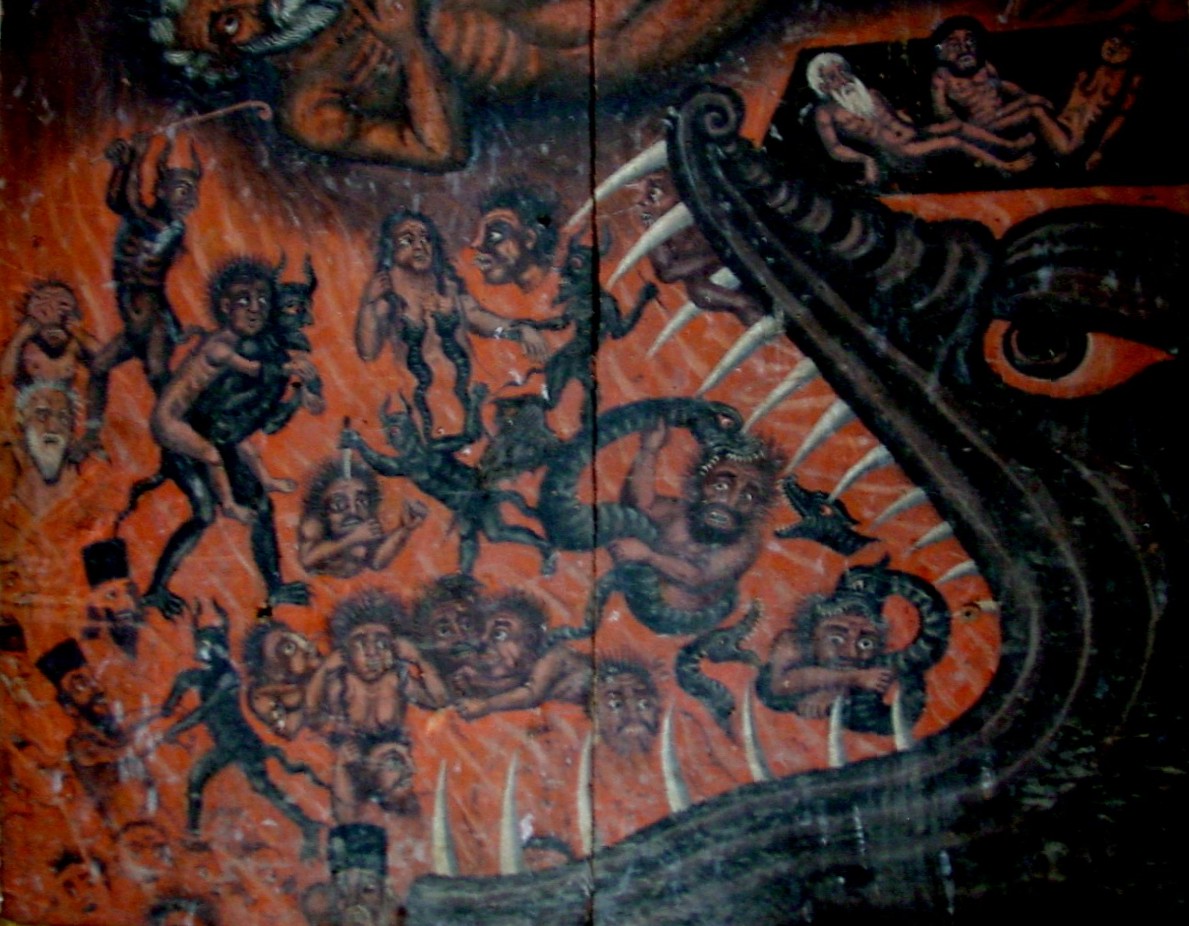- Dec 28, 2017
- 3,779
- 2,856
- Country
- United States
- Faith
- Christian
- Marital Status
- Private
So, They sell this book in our Church Bookstore and I just wanted to know your personal opinions on this, not as a debate but just your own personal opinion. Thanks.
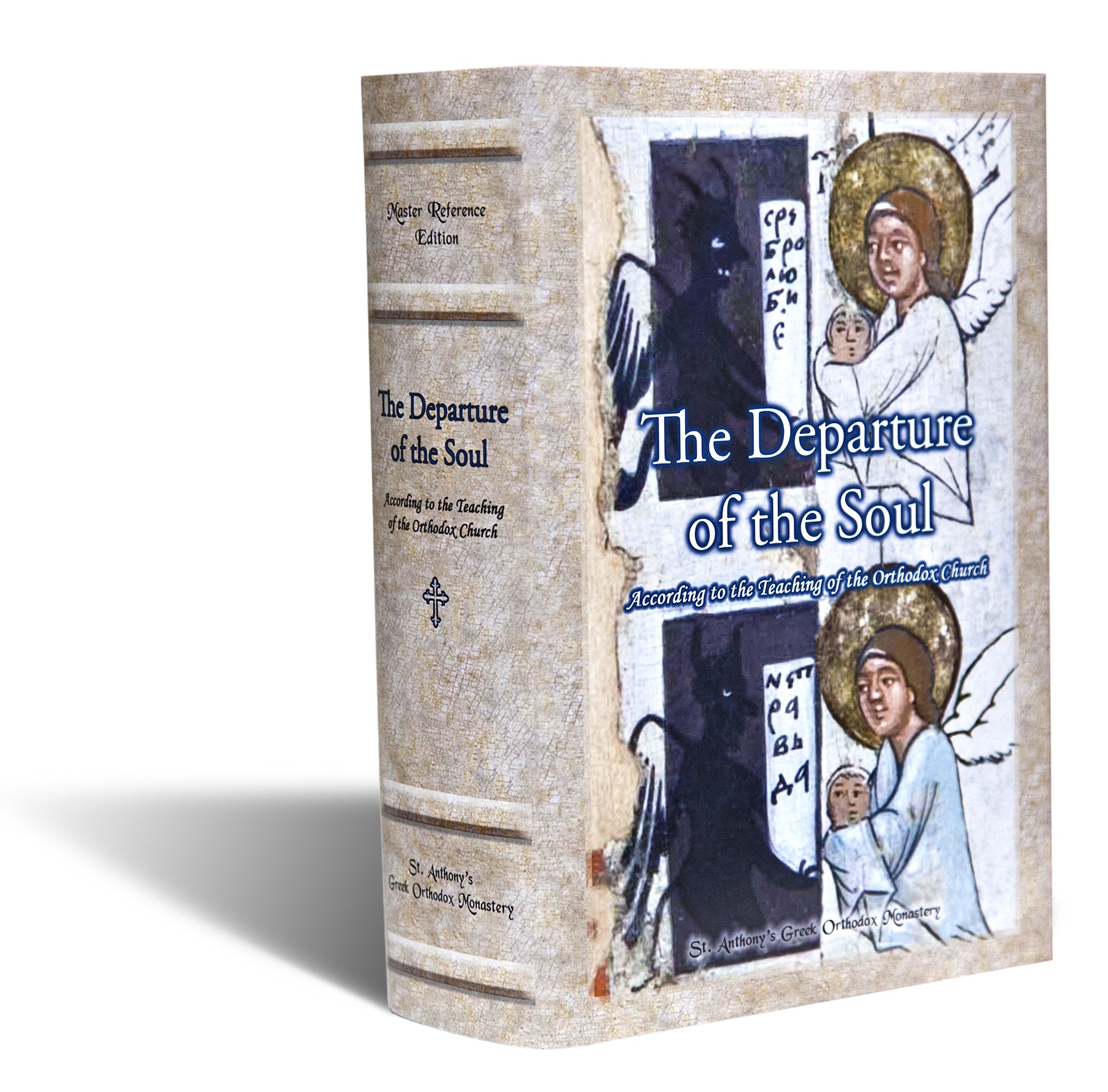
The Departure of the Soul
Amazon.com: Customer reviews: The Departure of the Soul According to the Teaching of the Orthodox Church
.

The Departure of the Soul
Amazon.com: Customer reviews: The Departure of the Soul According to the Teaching of the Orthodox Church
.
Last edited:

